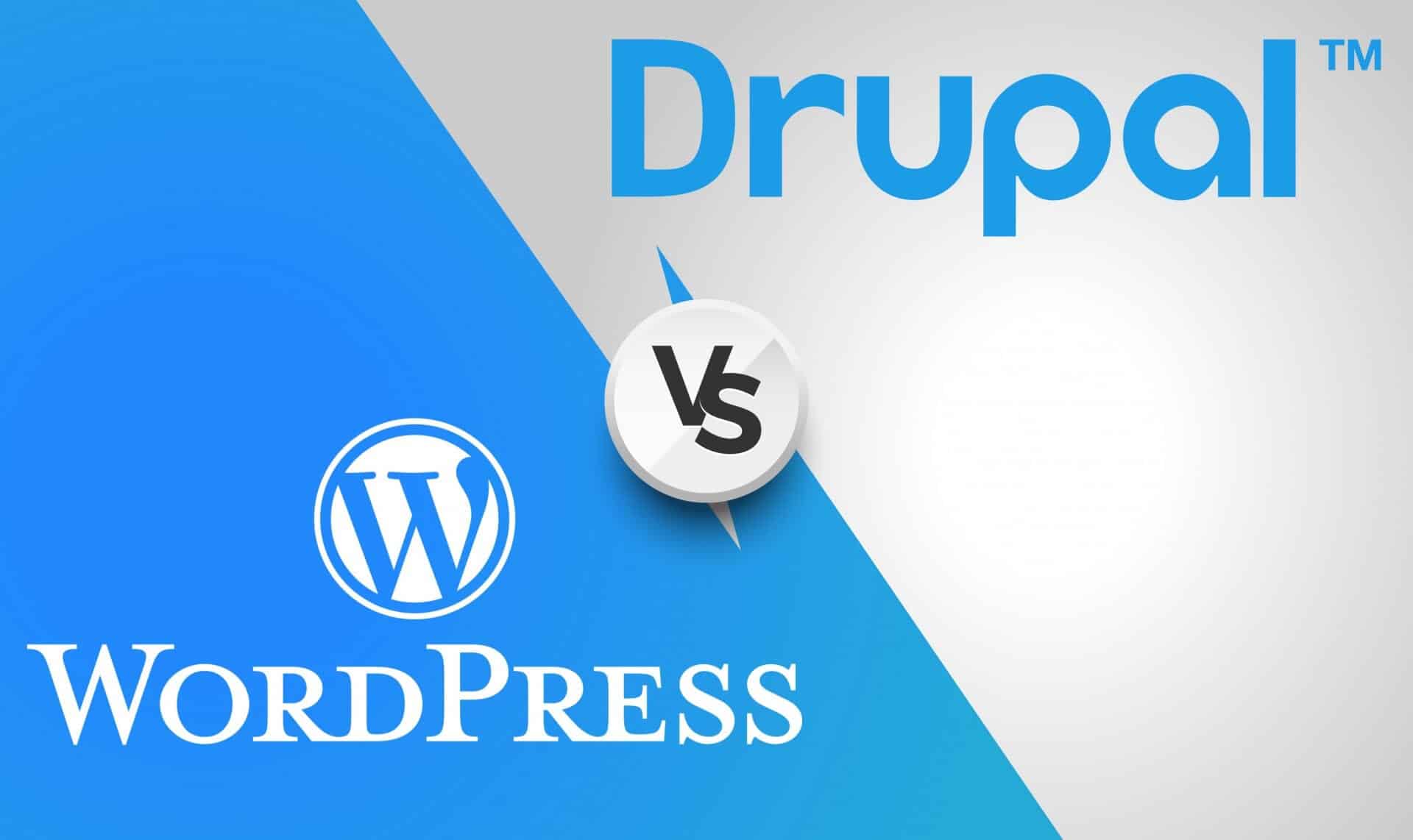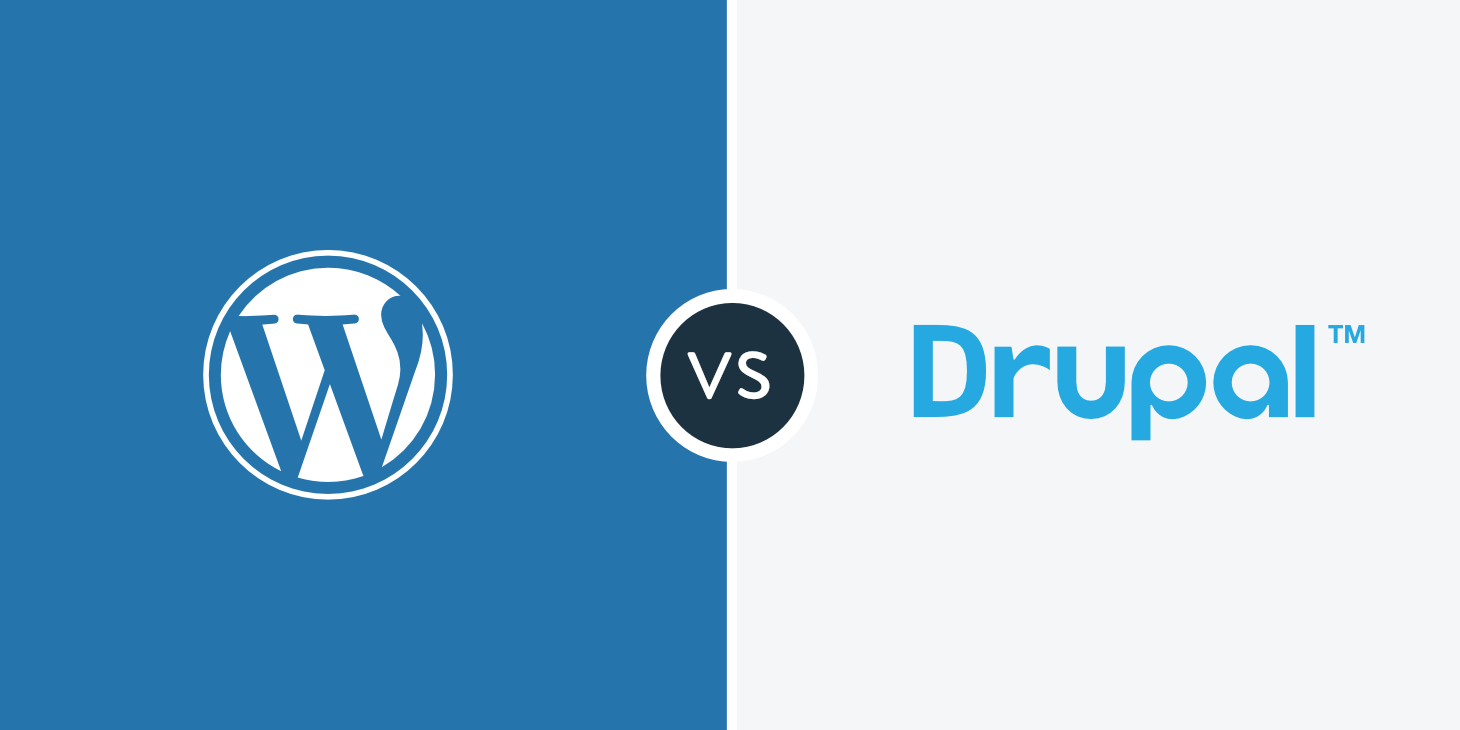WordPress and Drupal are the world's most widely used Content Management System (CMS) platforms. Choosing a CMS infrastructure that is right for you depends on your short and long-term goals. If you are looking for an open source and user-friendly solution for your CMS needs, both platforms will do the job. This article will help you understand which one you should choose for you and your business.
Statistics between WordPress and Drupal
Drupal, WordPressAlthough it has been around longer than of websites around the world only percent It is used in 2%. WordPress has reached 40 percent. But regardless of popularity, both platforms have a valid place in the world of online CMS solutions.
Why Drupal and WordPress Are So Great
Whether you're new to CMS solutions or a highly skilled web programmer, there are a few things that make both WordPress and Drupal great:
Both Open Source
Both Drupal and WordPress are open source software. This means is using and developing freeyou can. Unlike proprietary CMSs that restrict the use, access and modification of their source code, this makes them both affordable and customizable to meet your specific needs.
Active and Strong Communities
Both platforms are popular and therefore widely known and used in the web development world. If you have a problem or don't know how to do something, they have a community of developers and users who can help you find the best solution. Application updates are free through the community for both CMS.
Which CMS Infrastructure Should We Choose?

There are a few important differences between WordPress and Drupal that you should consider when choosing the best platform for your company.
Functionality
WordPress offers more than 5,000 themes and 53,000+ plugins, while Drupal has more than 2,500 themes and 46,000+ modules (equivalent to what WordPress calls "plugins"), most of which are free. Before making any decisions about the platform, it is important to fully understand the goals, vision and overall functionality of the site or application you want to create.
Below are some basic questions to consider.
- Do you want to build a site or an app?
- What kind of information are we trying to show and share?
- Do you need different levels of access to the site and its content?
- Are there any third-party tools we want to synchronize/integrate with the site (Salesforce, Mailchimp, HubSpot, etc.)?
- How big will the site/app be in the next few years?
Overall, WordPress is ideal for small/medium-sized businesses looking to create a simple website. Because WordPress offers so many themes, plugins and integration options, the platform provides tremendous capabilities.
Drupal is a great option for those looking to build an enterprise-grade solution or site with multiple content, features, functionality and integrations. Drupal offers more flexibility and opportunity to build an application that reflects/imitates your business model and use cases.
When it comes to organizing large amounts of data and content, many consider Drupal to be a more flexible and efficient solution. Drupal provides taxonomies, blocks, views and content types that allow you to create, organize and present data differently.
End User Experience
WordPress is known to be user-friendly for non-technical users and easy to manage and maintain. This functionality comes with a variety of themes and plugins available. While Drupal doesn't have the best reputation when it comes to ease of use, it is possible to create a user-friendly backend. Drupal's framework is similar to a blank page, admin panels and workflows need to be created and planned in advance.
The other thing to remember is that the more complex your site or application is, the steeper the learning curve for managing it will be.
Why WordPress?
WordPress is extremely affordable and open to customizations. If you're just building a marketing website or you're not sure what the future holds, WordPress is the best choice to get started.
Regardless of your web development expertise, WordPress is the best option for those who want an easy-to-use site with out-of-the-box functionality.



